Cedars-Sinai investigators have identified a gene that plays an essential role in the innate human immune system. The gene, NLRP11, helps activate the inflammatory response that tells the body's white blood cells to go on the attack against a foreign presence.

|
Scooped by
BigField GEG Tech
onto Genetics - GEG Tech top picks June 7, 2022 6:52 AM
|





 Your new post is loading...
Your new post is loading...



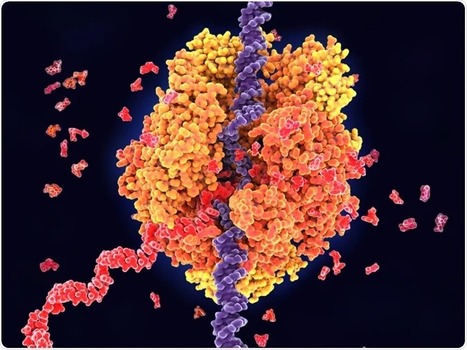
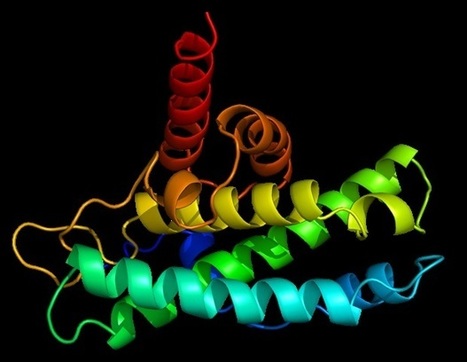







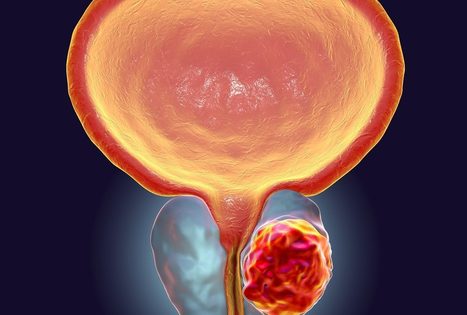


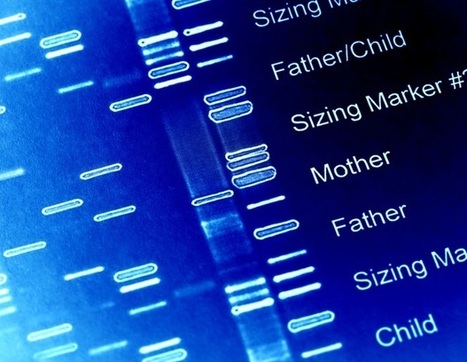

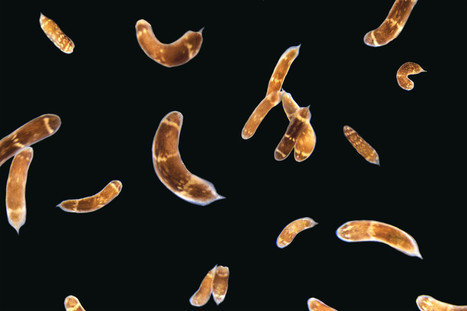
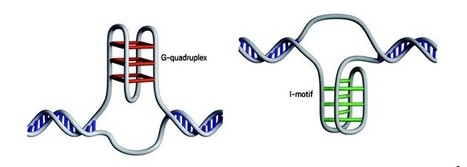

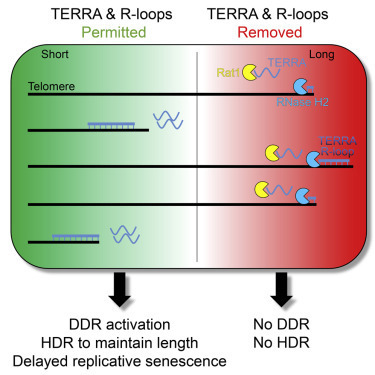





Cedars-Sinai researchers have identified a gene that plays a key role in the human innate immune system. The gene, NLRP11, helps activate the inflammatory response that tells the body's white blood cells to go on the attack against a foreign presence. The findings, published in Nature Immunology, bring medical science closer to understanding a biological process that can both help and harm the body. The researchers used a gene-editing system called CRISPR/Cas9 to delete genes or introduce genetic mutations into human white blood cells called macrophages. They found that when they deleted NLRP11, it prevented an immune system sensor called the NLRP3 inflammasome from being activated and triggering the inflammatory response. When the researchers restored the NLRP11 gene, the NLRP3 inflammasome sent out its attack signals, triggering the typical inflammatory process. The researchers chose to focus on this particular gene because it is not expressed in mice, leading them to hypothesise that it is an integral part of the complex immune system that exists in humans.